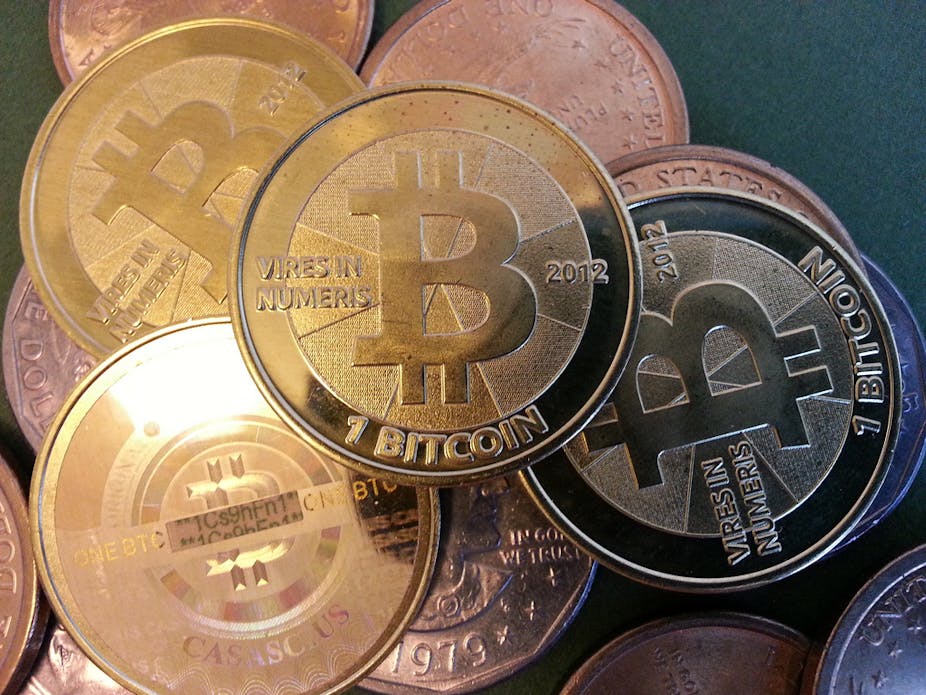In a blow for the burgeoning economy of black markets on the Internet’s so-called “Deep Web”, trading site the [Silk Road](http://en.wikipedia.org/wiki/Silk_Road_(marketplace) has been shut down by US law enforcement agencies and its alleged owner 29-year old Ross Ulbricht, claimed to be site’s founder, “Dread Pirate Roberts”, arrested in San Francisco.
Established in 2011, the Silk Road was a website that was only accessible using anonymising technology called Tor. The site specialised in selling illicit drugs, weapons and even contract killers for hire. Despite calls to have the site shut down, it has operated largely unfettered for the past two years, presumably as law enforcement agencies tried to gather as much useful intelligence about the site as possible.
The Silk Road was notable also for using Bitcoins as its main currency for exchanges, based on the fact that like the site itself, Bitcoin is largely anonymous in nature. It is estimated that during its operation, Silk Road may have generated up to US$1.2 billion in revenue with about US$79 million of that going to Silk Road in commission.
Given Bitcoin’s role in the Silk Road, it was expected that the shutdown might send the value of the virtual currency plummeting but despite an initial drop, the price of Bitcoins has largely recovered. For Bitcoin this is good news as it highlights the fact that despite its reputation as being a currency associated with organised crime, it is largely independent of those types of activities.
Having said that, the initial 20% drop in Bitcoin value - around US$500 million - on the news of Silk Road’s closure highlights the extremely volatile nature of the currency and its trading which shows more similarity to stocks than stable traditional currencies.

Another side effect of the closure of the Silk Road has been the surfacing of the background of its owner, Ross Ulbricht. It turns out that Ulbricht saw himself as a conventional businessman, even having a profile on LinkedIn that describes him as an investment adviser and entrepreneur. The profile hints at his establishing the Silk Road but has only 108 connections and so presumably was not actively managed after that point. It will be interesting to see how those listed as being “People Similar to Ross” will react at the association and the continued existence of the profile.
On LinkedIn, Ulbricht described one of his goals as wanting to:
… use economic theory as a means to abolish the use of coercion and aggression amongst mankind. Just as slavery has been abolished most everywhere, I believe violence, coercion and all forms of force by one person over another can come to an end. The most widespread and systemic use of force is amongst institutions and governments, so this is my current point of effort. To that end, I am creating an economic simulation to give people a first-hand experience of what it would be like to live in a world without the systemic use of force.
The irony here is while Ulbricht eschewed the use of force and violence by institutions and governments, he wasn’t averse to using threats of violence against others. According to the charges against Ulbricht, he tried to solicit a user to execute a “murder-for-hire” against someone threatening to reveal the identity of users of the site. In the exchange, he claimed that he had previously paid someone US$80,000 for carrying out a “clean hit”. The price settled on for the job ended up being US$150,000 but authorities have so far not been able to find evidence that it was carried out.
In terms of the black market operating on the Internet, highly visible “hidden” sites like Silk Road are a tiny part of this alternative economy. There are other sites that perform a similar role to Silk Road, but users would have to know that these would be populated as much by law enforcement as “legitimate” criminal users. It is the markets that are truly hidden and operate on an invitation only basis that really drive the exchange and sale of illegal arms, drugs and illicit services. The black market is thought to employ about 1.8 billion people worldwide and its avenues on the Internet operate through legitimate sites and peer-to-peer networks that would dwarf the operations of sites like Silk Road.
Ulbricht’s defence will be that the site was not responsible for what merchants transacted with their customers. but if there is one lesson from this it is that a business engaging in illegal activities is not going to be allowed to operate for long even if it hides in plain site on the Deep Web. The other outcome is that the Deep Web itself, especially when it comes to law enforcement, has turned out to be fairly shallow.

